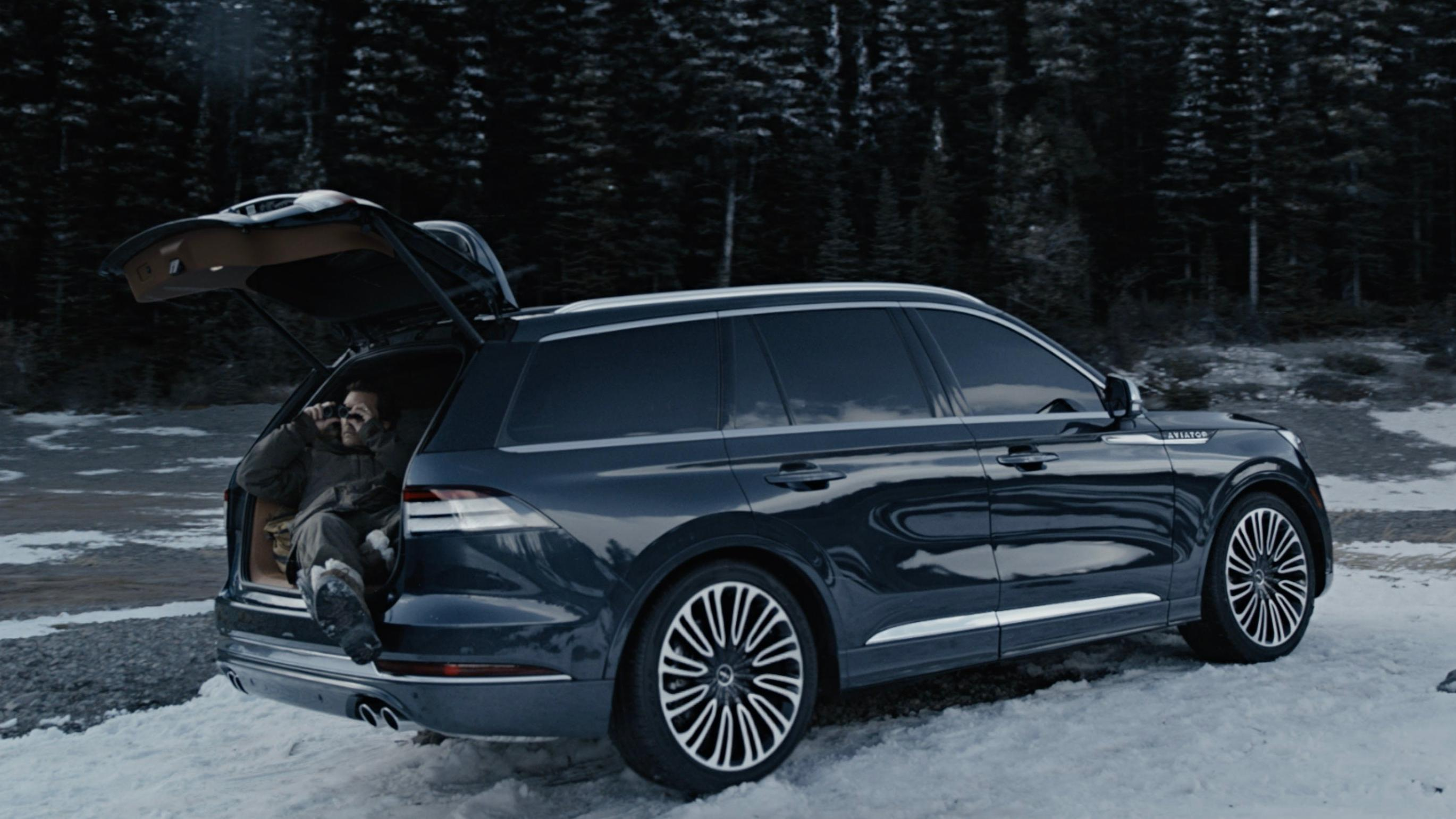Lincoln Is Trying To Change The Conversation About Lincoln
The automaker is slowly going electric, possibly too slow.
Lincoln said last year that it would have a new EV this year, though that was later changed to 2023, and then changed again to 2024. What hasn't changed is Lincoln's timeline of three other new EVs by 2030, or four EVs total, presumably replacing Lincoln's current four-car gas lineup. Still, that all feels like a ways away, with Cadillac, for example, saying that the all-electric Lyriq will get here this spring.
Lincoln, for their part, don't seem too bothered, according to Automotive News, as Lincoln is doing all right in China, and no one really thinks about Lincoln here these days, for better or worse. It also helps that Ford CEO Jim Farley remains a big fan, having previously led Lincoln's entrance into China, among other things. Auto News talked to Lincoln's North America chief, who says that everything is looking up for Lincoln.
"Premium buyers are definitely adopting electrification faster than the mainstream buyers, so for Lincoln we definitely want to move quickly, but we also want to make sure we're methodical in thinking through all the different impacts," said Michael Sprague, Lincoln's North America director. "We have to make sure the range is there for clients, particularly for Lincoln buyers who like to go out and enjoy the drive. We have to make sure the infrastructure from a charging standpoint is there. I think for me and for the brand, the timing is right. I think we're in a good place."
Sprague isn't saying anything wrong here, and if Lincoln is late to the market with its luxury EVs, maybe that doesn't matter, as Lincoln's SUV sales were only down four percent last year in the U.S. compared to 2020, which is not a bad return for a year of the pandemic and chip shortages.
And yet! And yet, Sprague goes on to say something that gives me pause. He goes on to say the forbidden words: the dreaded vote of confidence, after the story notes that former Ford CEO Alan Mulally considered killing Lincoln once upon a time.
Sprague said Ford CEO Jim Farley is "fully committed" to the brand and that it will play a "pivotal role" in the company's growth plan.
"We can go down a list of brands that are in the trash heap because they didn't innovate and weren't resilient," Sprague said. "The Lincoln brand has survived wars, the depression ... and so much more because it has a history of innovation."
Lincoln's innovation here, I suppose, is to wait for the luxury electric market to sort itself out and for charging infrastructure to become more robust, or the complete opposite of the Silicon Valley ethos of moving fast and breaking things. Move slow and break nothing, the Lincoln way.
